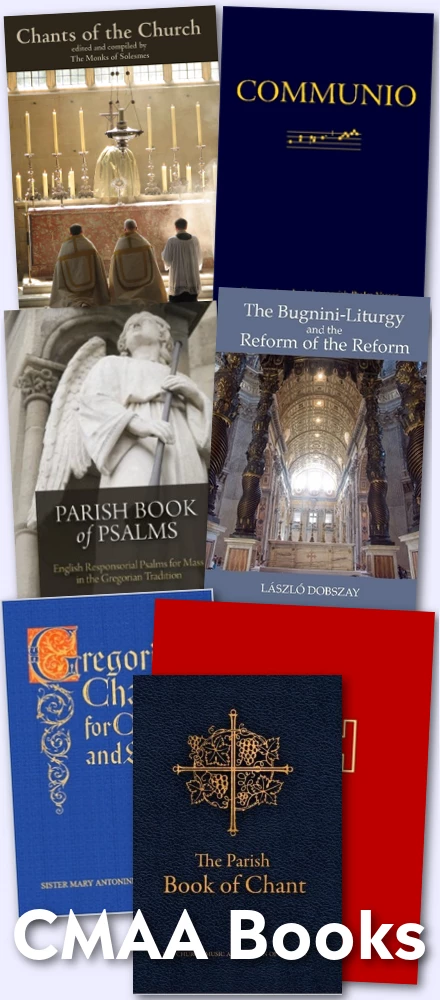On the eve of the Papal visit to the USA, the United States Conference of Catholic Bishops has released the results of a survey of American Catholics, related to their view of Mass, the Sacraments and Church teaching.
Interestingly as well, the survey is divided into a consideration of the responses between Catholics from the pre-Vatican II generation, the Vatican II generation and the "millenial" generation.
Some of the more interesting statistics that jumped out at me were as follows:
...among those who attend Mass at least once a month, Millennial Catholics (born after 1981) pursue religious practice with fervor akin to pre-Vatican II Catholic (born before 1943). However, 36 percent of Millennial Catholics (2.7 million individuals) attend Mass at least once a month compared to 64 percent of pre-Vatican II Catholics (5.5 million individuals.)
[...]
Data on the Millennial generation show young Mass-attending Catholics more akin to pre-Vatican Catholics in regard to religious beliefs as well as practices.
Among Catholics attending Mass at least once a month, the Millennials are just as likely to believe the basic Catholic tenet that Christ is really present in the Eucharist as pre-Vatican II Catholics.
Among this same group, the Millennials are the most likely to observe Lenten practices. More than nine in ten of them abstain from meat on Fridays in Lent (91 percent) and receive ashes on Ash Wednesday (91 percent).
Among those attending Mass at least once a month, Millennial Catholics are more likely than older Catholics to say they are at least somewhat involved in parish life, are among the most likely to consider their faith the most important part of their life, and that receiving the Eucharist is “very” important to their sense of what it means to be Catholic.
Among this group, the Millennials are most likely to say that having devotion to the saints is “very” important to their sense of what it means to be Catholic.
On Knowledge and Adherence to the Faith
“Older Catholics, especially those who came of age prior to the Second Vatican Council, are typically more involved in Church life and attend Mass more frequently than younger generations of Catholics,” the report said. “In general, they tend to score higher on most survey items that measure ‘commitment’ to Catholicism.” Knowledge about the Catholic faith varies by generation and is frequently greatest among older Catholics, yet this depends on the topic. “For example, knowledge of Church teachings and obligations is usually higher among older Catholics, but knowledge of the bible is typically greater among younger generations,” the report said. Agreement with Church teachings is, again, often relatively high among the oldest Catholics, the pre-Vatican II generation. To a lesser extent this is also true of the Millennial generation, currently in their mid-20s and younger. Agreement with Church teaching is typically lowest among the generation of Catholics who came of age during the changes associated with Vatican II and among post-Vatican II generation Catholics, though this too depends on the teaching in question.
The Meaningfulness of Confession in Modern American Catholic Life:
Of the seven sacraments -- baptism, confirmation, Holy Eucharist, reconciliation, sacrament of the sick, holy orders and marriage – the vast majority of Catholics find meaningful four of the seven sacraments: marriage (89 percent), baptism (88 percent), the Eucharist (84 percent) and confirmation (83 percent.) Only two-thirds said reconciliation was somewhat or very meaningful to them.
(Found via Catholic World News)




















